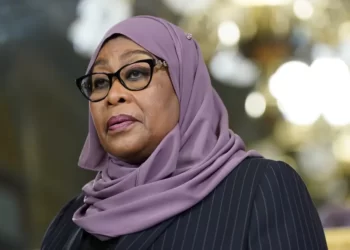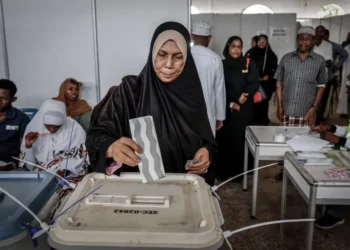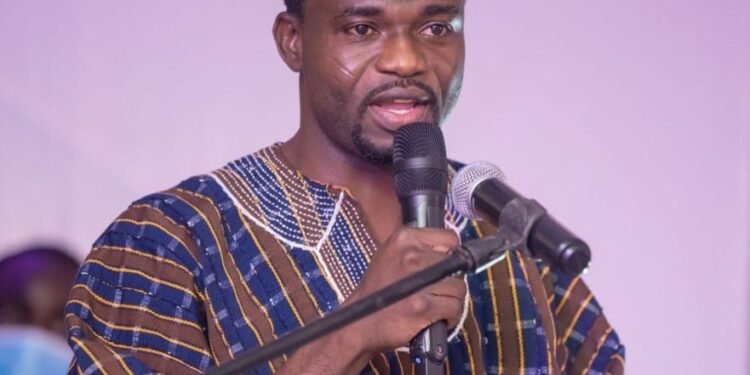South Africa’s long-term inflation outlook has dropped to its lowest level on record, according to a quarterly survey released on Monday. The findings came shortly after the South African Reserve Bank (SARB) announced a shift in its preferred inflation target.
The survey, conducted by the Bureau for Economic Research (BER), showed that analysts, business leaders, and trade unions now expect average inflation of 4.2% over the next five years. This is slightly lower than the 4.4% projection from the second quarter. For context, inflation in July stood at 3.5%, the most recent figure available.
“These downward revisions were made against the backdrop of the SA Reserve Bank’s announcement of a change to the preferred inflation target at the end of July, just before the survey period,” the BER explained in its report.
The central bank, which commissions the survey, has long advocated for a more formal adjustment to its inflation target range of 3% to 6%. At its most recent policy announcement, SARB declared it would begin aiming for 3% inflation, rather than the midpoint of its target band, even though the finance minister has not yet signed off on an official revision.
Shorter-term expectations have also been trimmed. Forecasts for 2025 and 2026 now stand at 3.8% and 4.2%, respectively, down from earlier estimates of 3.9% and 4.3%. The South African Reserve Bank’s next interest rate announcement is scheduled for September 18.
Economists Expect Lending Rate Stability
Most economists predict the repo rate will remain unchanged this month. This expectation follows a slight uptick in inflation in July and the possibility of a further increase in August. Some analysts believe the SARB’s stated preference for a 3% inflation level will also push the bank to hold rates steady after cutting them in both May and July.
Meanwhile, President Cyril Ramaphosa has been keen to reassure the nation that broader economic strategies are in motion. In his most recent address to the National Assembly, Ramaphosa laid out the government’s approach to navigating an increasingly uncertain global trade environment. He stressed ongoing efforts to secure a “mutually beneficial” trade agreement with the United States that would reduce tariffs and open more opportunities for South African businesses.
The president warned that global geopolitical tensions and rising protectionist policies are creating headwinds for domestic employment and growth. To counter this, he called for diversifying partnerships not only within Africa but also with Asia, the Gulf, the Americas, and Europe. Such moves, he said, would help buffer the economy against external shocks.

Ramaphosa also underscored South Africa’s leadership role within the BRICS bloc. He argued for a unified push to reform global trade systems to better reflect the needs of developing countries. His speech emphasized cooperation, multilateral engagement, and equitable trade frameworks as essential for advancing the interests of the Global South.
The president described his administration’s current economic policy as a deliberate shift away from reactive “crisis management” toward proactive “strategic action.” According to Ramaphosa, securing foreign investment and fostering international collaboration will remain central to South Africa’s efforts to address structural economic challenges.
Despite acknowledging the global turbulence, Ramaphosa struck a cautiously optimistic tone. He highlighted partnership, solidarity, and pragmatic reforms as key to unlocking South Africa’s economic potential while ensuring sustainable and inclusive growth.
READ ALSO: US Views Palestinian State Recognition Efforts As Hindrance To Peace























